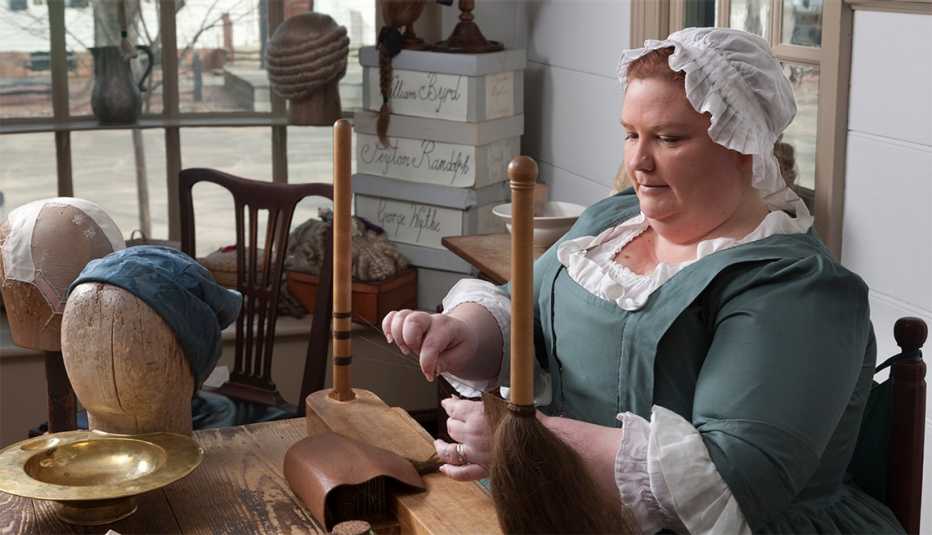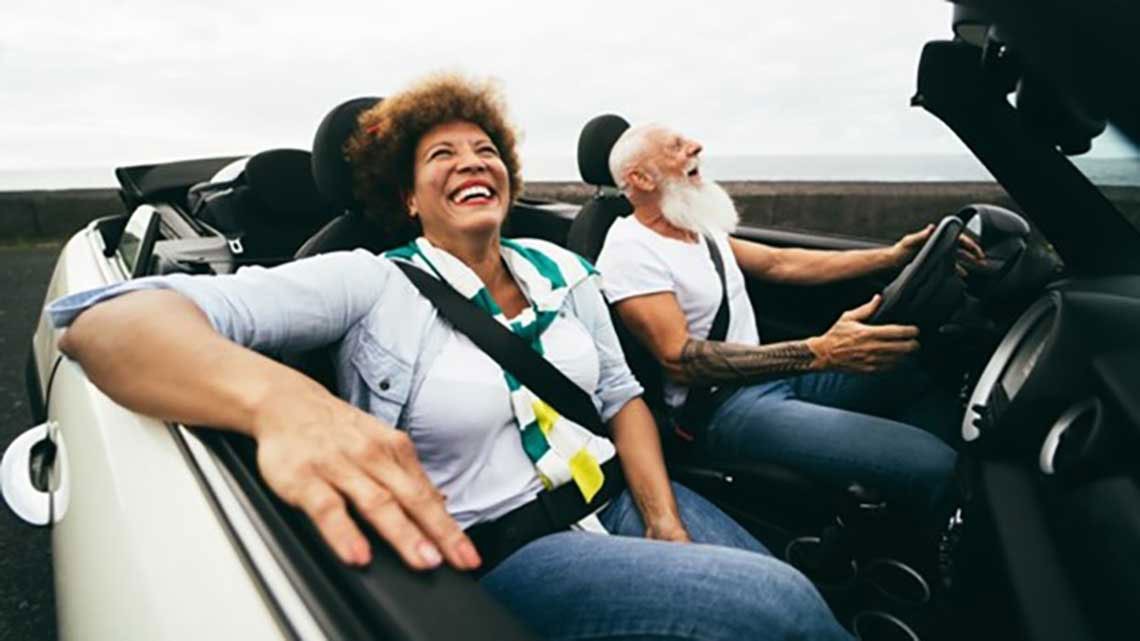Staying Fit


If you’ve ever visited Colonial Williamsburg in Virginia, you’ve witnessed firsthand how history comes alive. While this 301-acre living history museum showcases early American life through well-preserved buildings, research, archeology and scientific findings, it’s the people who help connect past with present and provide that authentic, immersive 18th-century experience.
Many of the 1,500 workers at the Colonial Williamsburg Foundation have worked for years refining rare skills. They have had to complete extensive training and yearslong apprenticeships. Here are a few of the roles they play to fulfill the mission of ensuring “that the future may learn from the past.”


AARP Membership— $12 for your first year when you sign up for Automatic Renewal
Get instant access to members-only products and hundreds of discounts, a free second membership, and a subscription to AARP the Magazine.
Master Historic Farmer — Ed Schultz, 60
Growing up on a 40-acre farm, Ed Schultz understood the value of growing his own food. “The self-sufficiency and self-reliance of this experience made me who I am,” says Schultz, whose career spans from a North Carolina trail ranger to a combat engineer with the U.S. Army.
A historic farmer for 33 years, Schultz spent the last 21 years at Colonial Williamsburg. He earned an undergraduate degree in history and a master’s degree in outdoor museum management. Schultz completed the five-year apprenticeship program for the Historic Farming Trade, which includes learning hand skills, developing a high-quality interpretive method and becoming an expert in 18th-century agriculture of Tidewater, Virginia. On any given day, this Master Historic Farmer might be clearing fields with a horse-powered plow, sowing crops with a handheld hoe or using a sickle to reap grain.
While Schultz loves sharing the life and work of 18th-century farmers with guests, the most challenging part of the job is what he calls “the gentle reach.”
“While we strive to become the world’s best tradesmen of 18th-century skills, we understand that we will likely never be as good as the people of the past,” Schultz explains “That’s where ‘the gentle reach’ comes in. We’re constantly probing their thought process, hand skills and reasons why in our attempts to replicate the skills of the past. We reach to them.”
Schultz considers museum work as service to country. “It’s contributing to a cause that’s bigger than oneself,” Schultz says proudly. “Sharing the unvarnished truth of our history as Americans helps us see ourselves more clearly and makes for a better country.”
Journeyman Silversmith — Preston Jones Jr., 65
Working at Colonial Williamsburg for 47 years, Preston Jones started in high school as a theater usher and eventually got a job with silversmith James Curtis. Jones’ training involved a seven-year apprenticeship with lots of hands-on experiences, such as forging, raising, planishing, chasing, engraving, soldering and finishing.




































































More From AARP
5 Old Wives’ Tales You’ve Probably Heard a Million Times Before
We reveal which are true — and which are notFirst Comes Love, Then Comes Marriage
Young people may pooh-pooh marriage, but its benefits can’t be denied
Singing the 501 Blues
Levi's signature jeans celebrate 150 years of enduring fashion.